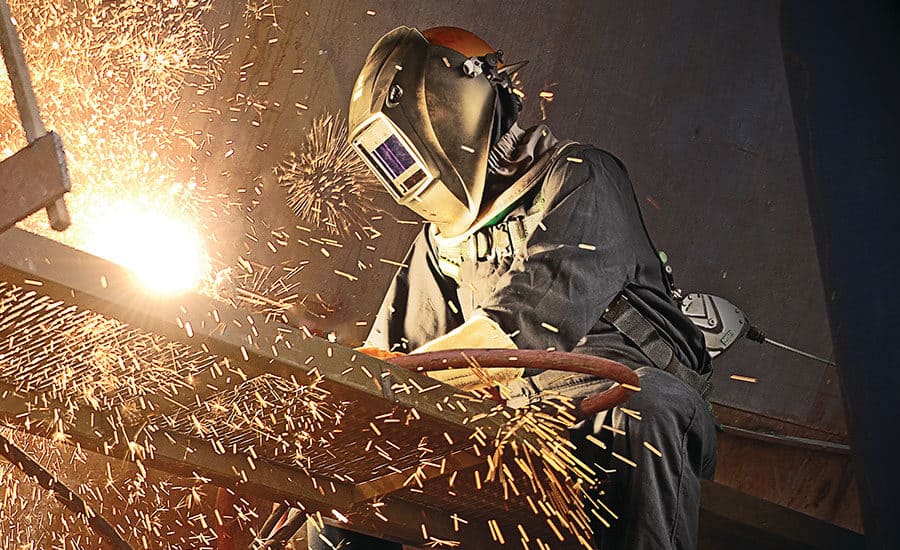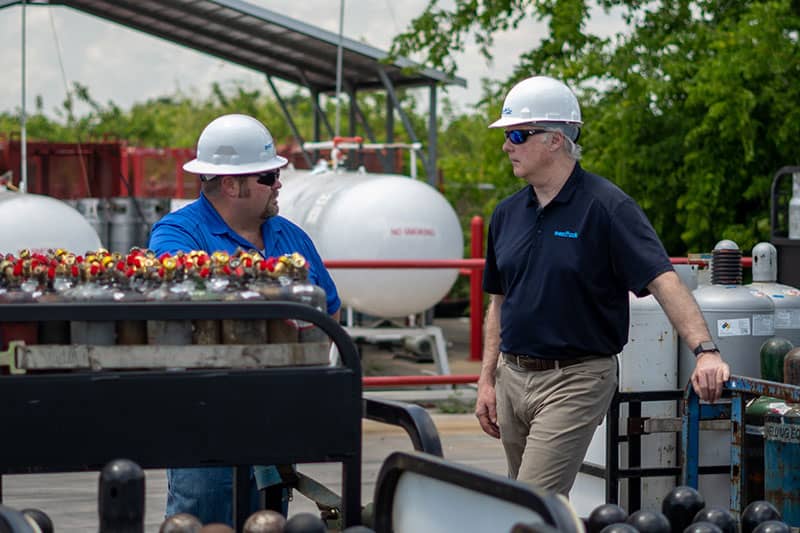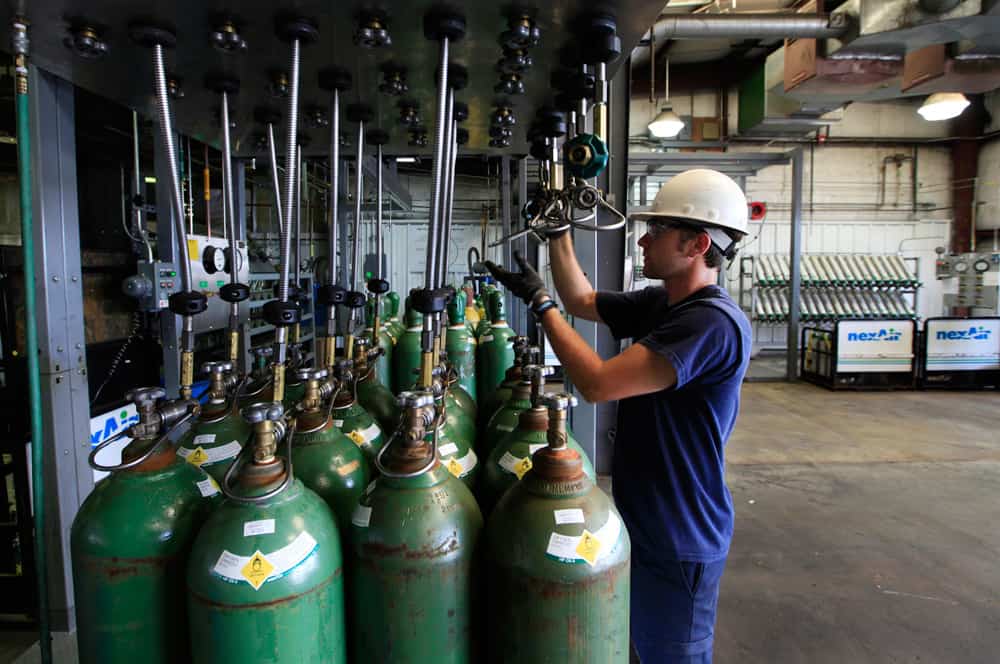Gas Cylinder Management: Tips and Best Practices from nexAir’s Experts
Gas cylinders are workhorses in countless industries—from welding shops to laboratories, hospitals to food packaging facilities. While these pressurized containers may seem straightforward, proper management makes all the difference in safety, efficiency, and cost control. After decades in the gas business, our team has gathered practical insights that help customers handle cylinders more effectively. Here are field-tested recommendations from our cylinder specialists.
Storage Fundamentals That Prevent Problems
Start with the basics: properly secured cylinders in well-ventilated areas, segregated by contents. “The most common mistake we see is cylinders stored without proper restraints,” notes our safety director. “A falling cylinder becomes a torpedo that can punch through walls.” Always secure cylinders with chains or straps, even when they seem stable.
Temperature control matters more than many realize. Direct sunlight can cause pressure buildup in cylinders, while extreme cold may affect gas behavior. Ideally, store cylinders between 40-90°F, away from heat sources like furnaces or steam pipes. For outdoor storage, consider a covered area that shields cylinders from weather while allowing proper ventilation.
Keep cylinder storage areas clean and organized. Remove empty cylinders promptly, maintain clear access to emergency shutoff valves, and ensure readable hazard signage. Good housekeeping habits prevent accidents and save time during busy operations.
Transport Techniques That Protect People and Equipment
Moving cylinders safely requires proper equipment and technique. Never drag or roll cylinders—use a purpose-built cylinder cart with securing chains. “One damaged valve during transport can create an emergency situation and destroy thousands of dollars in gas,” explains our head of operations.
When loading cylinders onto vehicles, secure them upright with appropriate restraints. Never transport cylinders in enclosed passenger compartments. During extreme weather, consider timing deliveries to avoid exposing cylinders to temperature extremes during transit.
For facilities with multiple buildings, designate specific cylinder transport routes that avoid busy areas, stairs, and rough terrain when possible. Train all staff who handle cylinders on proper lifting techniques—cylinders are deceptively heavy and frequently cause back injuries when moved incorrectly.
Safety Practices Worth Emphasizing
Always treat cylinders with respect for their potential energy. “A standard compressed gas cylinder contains enough pressure to launch it through multiple floors of a building,” our safety trainer reminds customers. “That power demands consistent safety protocols.”
Make cylinder safety part of regular workplace discussions. Share real incident reports (available from industry sources) during safety meetings to reinforce proper handling procedures. Our specialized KnowHow™ in gas safety has helped us develop comprehensive cylinder inspection protocols that many customers have adapted for their own operations.
Conduct periodic audits of cylinder connections, regulators, and manifolds to identify potential problems before they cause incidents. This preventive approach has helped many customers avoid emergency situations that could have resulted in injuries or production downtime.
Forge Forward with Better Systems
The most successful cylinder management programs develop through collaboration. We frequently visit customer locations to assess current practices and suggest improvements specific to their operations. These partnerships help identify practical solutions that work within existing constraints and processes.
“The best cylinder management systems are the ones people actually follow,” observes our training coordinator. “Fancy software doesn’t help if it’s too cumbersome for daily use. We focus on practical approaches that make sense for how teams really work.”
Gas cylinders will remain essential tools across industries for the foreseeable future. With thoughtful management practices, they can be handled safely, economically, and efficiently. Reach out to discuss how our cylinder specialists might help your team Forge Forward with improved gas management strategies tailored to your specific operations.
Looking out for your future
Get your career going on the right track with nexAir
Find out how nexAir KnowHow has impacted businesses all over the Southeast
Our expertise makes us more than a valuable partner, it makes us headlines
Don't see what you're looking for?
Everything we offer is a click away and it will arrive before you know it.


